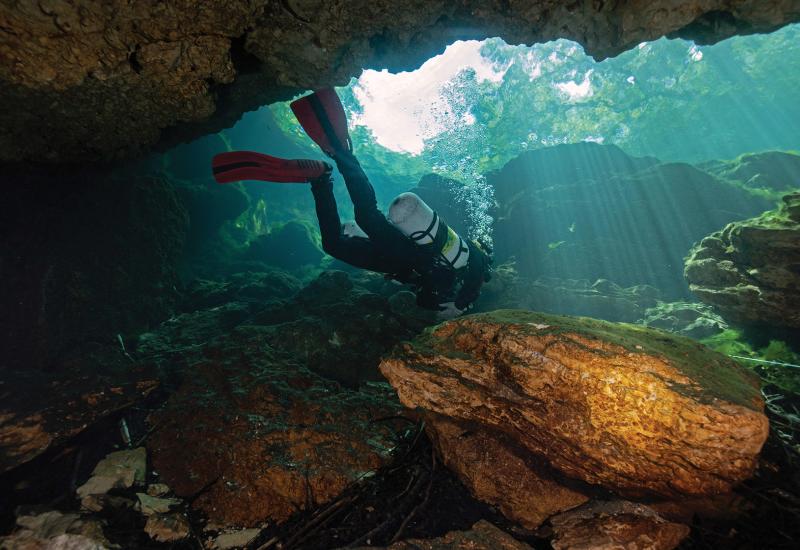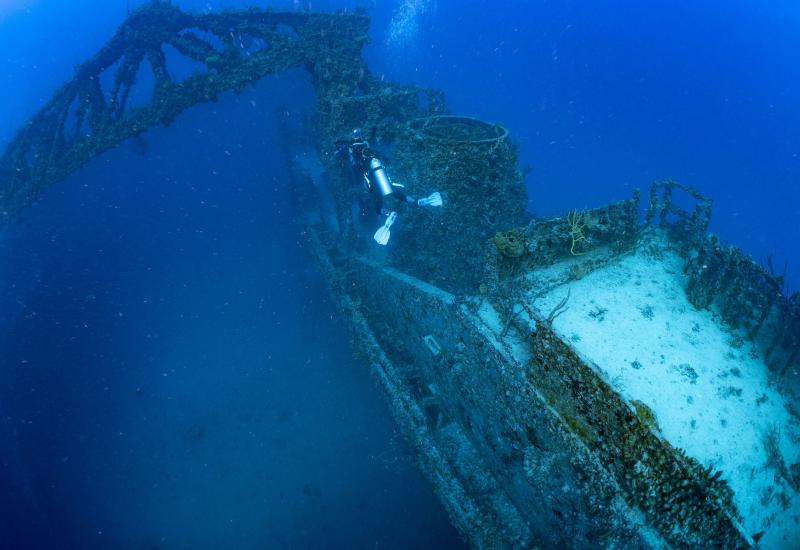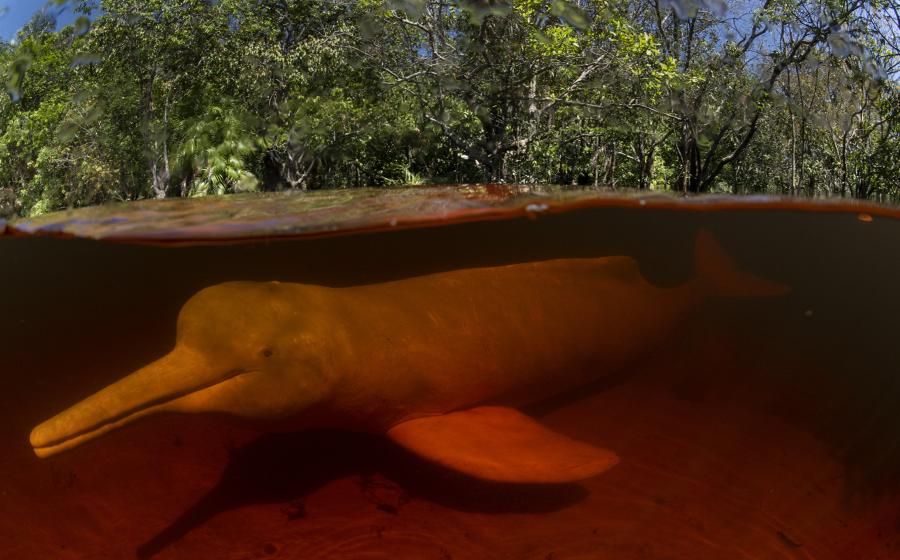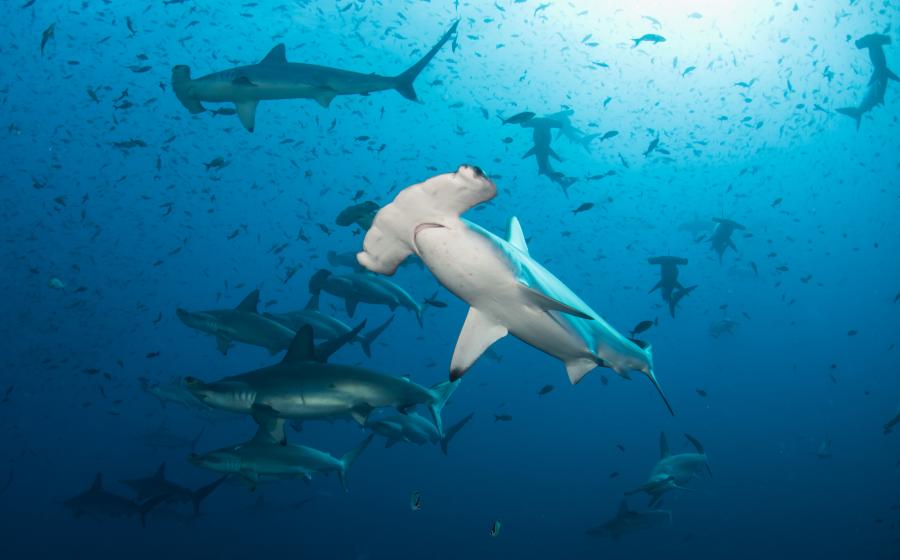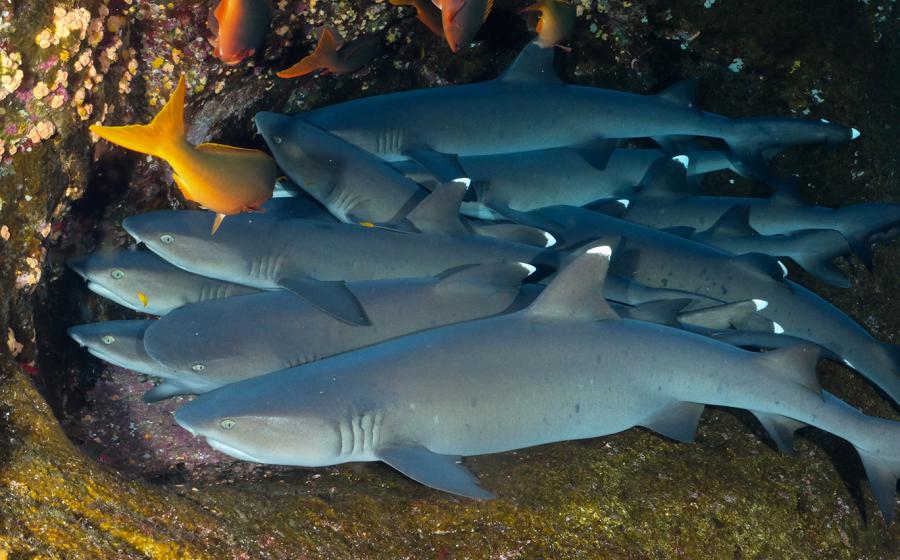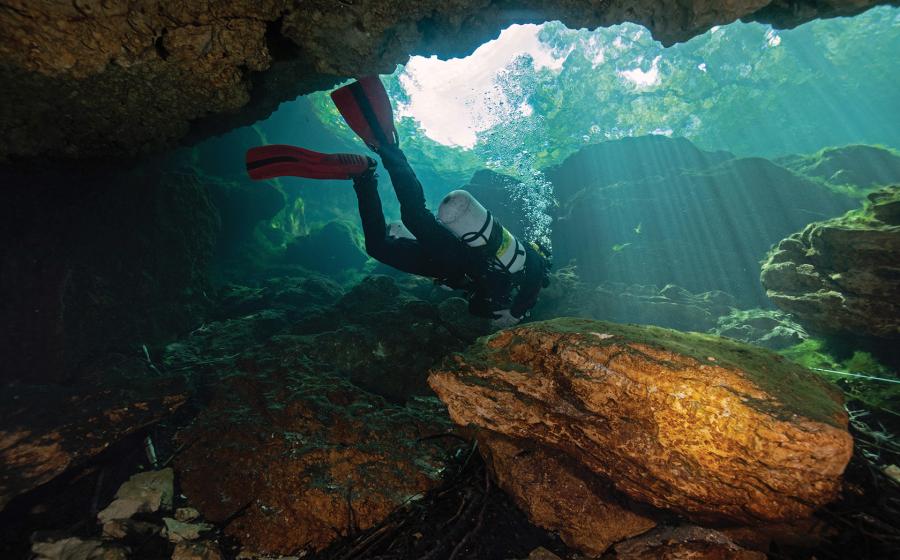Senators Propose Bill to Ban Shark Feeding In United States
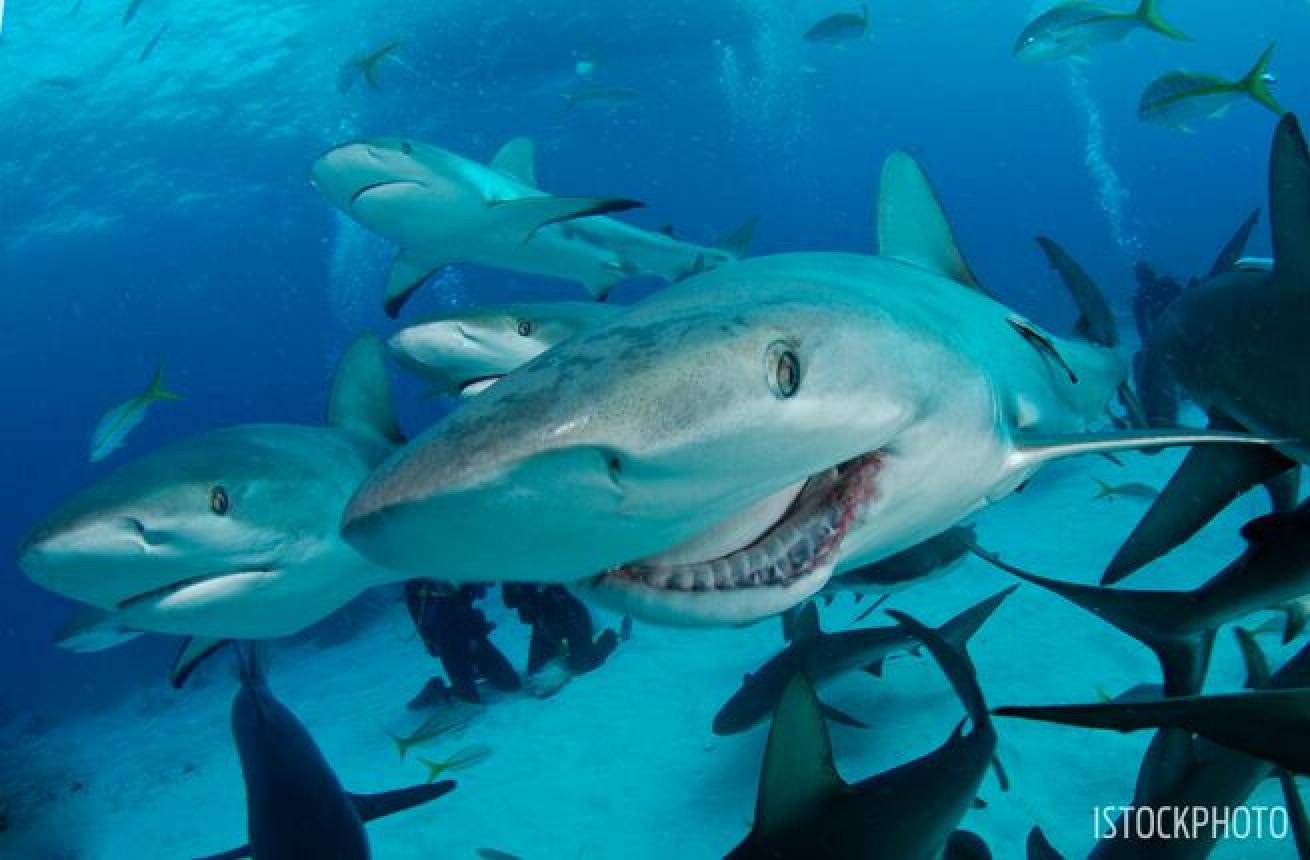
istockphotoFEEDING FRENZY
Shark encounter dives that attract sharks with food let scuba divers get up-close and personal with the ocean's apex predators. But, they may not be legal in the U.S. for much longer.
Florida senators have introduced a bill into U.S. Congress that would ban shark feeding in federal waters — a current tactic used to lure sharks in for close-encounter scuba and cage dives.
Who: Sen. Bill Nelson (D-FL), co-sponsored by Sen. Marco Rubio (R-FL)
What: A bill – S. 3099 or “Access for Sportfishing Act of 2016” – proposed to U.S. Congress that would make it “unlawful for any person to engage in shark feeding.”
Where: Entire U.S., plus international waters if a charter operates out of the U.S.
When: The bill is in the Senate now, so it has a long way to go before it becomes a law. It must be officially passed by the Senate, then by the House of Representatives, then by the president.
Why: According to the bill, its purpose is “to preserve and enhance saltwater fishing opportunities for recreational anglers, and for other purposes.”
Current Law: Individual states, such as Florida and Hawaii, have bans on shark feeding in place. But, local dive operators have been able to run “shark encounter” charters by taking clients just past the 3-mile-out boundary between state and federal waters to feed sharks legally.
What Would Change: If the bill passes, these charters would not be able to take passengers farther out to international waters for shark feeding. As the bill proposes, it would be illegal “to operate a vessel for the purpose of carrying a passenger for hire to any site to engage in shark feeding or to observe shark feeding.”
The term “shark feeding,” as defined in the bill, means “the introduction of food or any other substance into the water to feed or attract sharks for any purpose other than to harvest sharks.”
Supporters of the bill say feeding sharks changes their natural behavior and prompts them to associate humans with food. To them, the bill is similar to feeding wild animals being banned in national parks.
Opponents of the bill argue divers want to see sharks in the water. In fact, it’s these close encounters that many opponents believe are the best tool to destigmatize sharks, proving them less human-flesh-eating-monsters and more majestic-creatures-of-the-big-blue.
Rick MacPherson, a marine ecologist and senior adviser to the Pew Charitable Trusts Global Shark Conservation campaign, which works with countries around the globe to establish shark-diving guidelines, talked to Scuba Diving about shark feeding in 2015.
“More people seeing sharks underwater means more people leaving with a new appreciation for sharks ... That’s important to me as a conservationist,” MacPherson said. “Sadly, most dive destinations have seen their shark populations dramatically reduced, so the only way to see a shark is to attract it with food.”
Researchers around the globe, including from the University of Miami and in Fiji, have conducted studies on whether feeding has any affect on sharks. The results overall show little to no change in behavior or attitude toward humans.
MacPherson backed these studies up: “Initial research suggests feeding does not negatively alter shark behavior in species observed,” mostly bull and tiger sharks. “Changes in behavior occur just before and during the feed — increase in activity and aggregation — but sharks seem to go back to business as usual immediately after the feeding.”
More Diving News:

